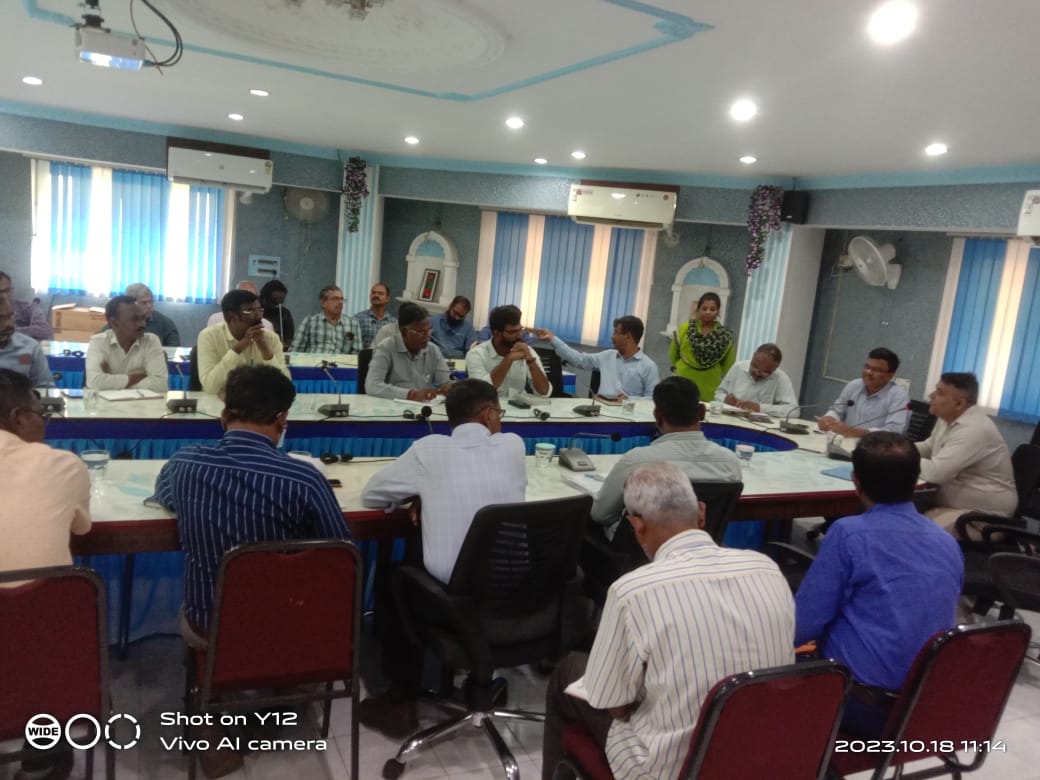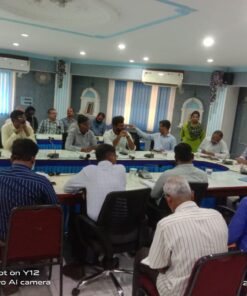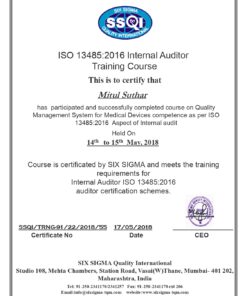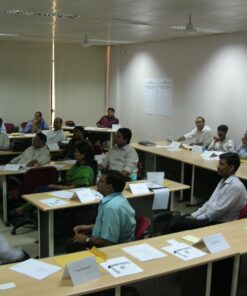Internal Auditor Training On ISO 29001
Original price was: ₹10,000.00.₹8,500.00Current price is: ₹8,500.00.
ISO 29001 is a technical specification specifically aimed at the petroleum, petrochemical, and natural gas industries. It focuses on the development and implementation of a quality management system (QMS) that provides for continual improvement, emphasizing defect prevention and the reduction of variation and waste in the supply chain. Training internal auditors on ISO 29001 ensures that the organization’s QMS meets the industry-specific requirements and operates effectively.
Here’s a basic outline for an internal auditor training program on ISO 29001:
### Training Objectives:
1. Understand the requirements and principles of ISO 29001.
2. Learn how to plan, conduct, and report internal audits in accordance with ISO 29001.
3. Develop skills to identify non-conformities and suggest corrective actions.
4. Gain knowledge of the petroleum, petrochemical, and natural gas industry-specific processes and risks.
### Training Modules:
#### Module 1: Introduction to ISO 29001
– Overview of ISO 29001 and its importance
– Key principles and concepts
– Scope and application of ISO 29001
#### Module 2: Quality Management System Requirements
– Requirements of ISO 29001
– Process approach and its application
– Documentation requirements
#### Module 3: Internal Audit Fundamentals
– Principles of auditing
– Roles and responsibilities of internal auditors
– Planning and preparing for internal audits
#### Module 4: Conducting Internal Audits
– Conducting opening and closing meetings
– Interviewing techniques
– Collecting and evaluating evidence
– Identifying non-conformities
#### Module 5: Reporting and Follow-up
– Writing effective audit reports
– Communicating findings to management
– Tracking and verifying corrective actions
#### Module 6: Industry-Specific Considerations
– Understanding industry processes and operations
– Identifying industry-specific risks and challenges
– Tailoring audits to address industry-specific requirements
### Training Methods:
– Lectures and presentations
– Case studies and group discussions
– Practical exercises and mock audits
– Role-playing and simulations
### Assessment and Certification:
– Written examination to test knowledge and understanding
– Practical assessment based on conducting a mock internal audit
– Certification upon successful completion of the training program
### Continuous Improvement:
– Encourage feedback from participants to improve the training program.
– Provide refresher courses and updates on changes to ISO 29001 or industry-specific requirements.
Remember, the training should be interactive and engaging to ensure that participants not only understand the requirements but also develop the skills and confidence to effectively audit an ISO 29001 compliant QMS.









Reviews
There are no reviews yet.